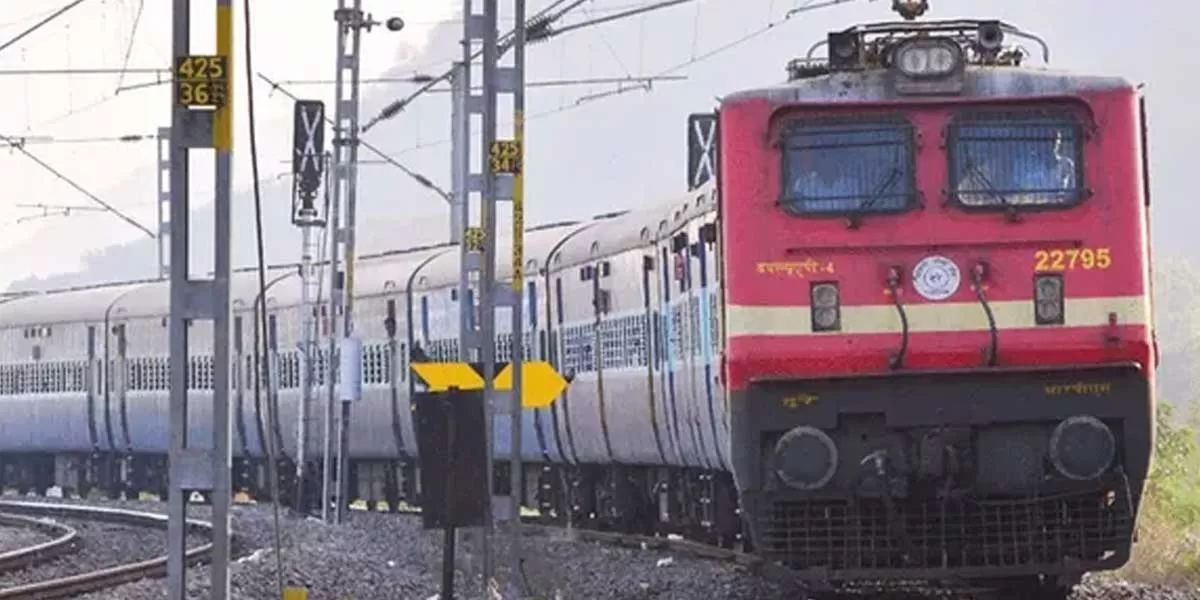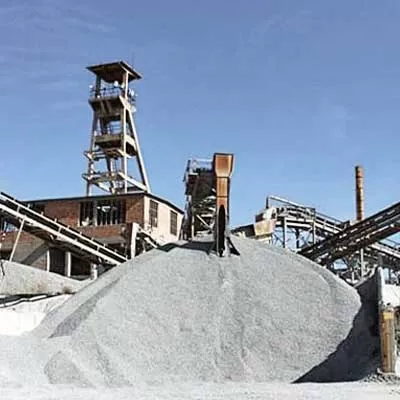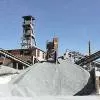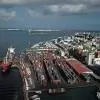

IEEMA Targets over 2X Growth in Electronics Exports within 5 Years
The electrical and electronics manufacturing sector in India aims to more than double its exports to $25 billion over the next five years. Currently, the industry exports goods worth approximately $12 billion. The Indian Electrical & Electronics Manufacturers' Association (IEEMA) is focused on expanding market access globally and positioning India as a key hub for electrical and electronics manufacturing. At Elecrama 2025 in Greater Noida, industry representatives emphasized the growing global interest in India as a reliable energy solutions provider, driven by shifts in the international su..

Kerala Secures Rs 1.53 Tn Investment Proposals at Investors' Summit
Kerala secured investment proposals worth Rs 1.53 trillion from 374 companies during the two-day Invest Kerala Global Summit 2025 (IKGS). The largest commitment, amounting to Rs 300 billion, came from the Adani Group. The summit, held on February 21-22, attracted significant interest from the information technology sector, with 24 companies planning expansions through an additional investment of nearly Rs 85 billion, creating around 60,000 new jobs. A total of 66 companies submitted expressions of interest (EoIs) for investments exceeding Rs 5 billion. The summit strengthened investor confid..

Artson Group, Malabar Cements Team Up for Boat Manufacturing in Kerala
Artson Group, a subsidiary of the Tata Group, has partnered with Malabar Cements, a public sector undertaking, to establish a boat manufacturing unit in Kochi. A Memorandum of Understanding (MoU) was signed during the Invest Kerala Global Summit, which concluded on Saturday, for the development of this Rs 3 billion project. The initiative aims to boost industrial growth in Kochi, with the Tata Group subsidiary expressing its commitment to investing in the region. Under the agreement, a boat manufacturing unit specializing in vessels under 100 tonnes will be developed on a seven-acre plot leas..














